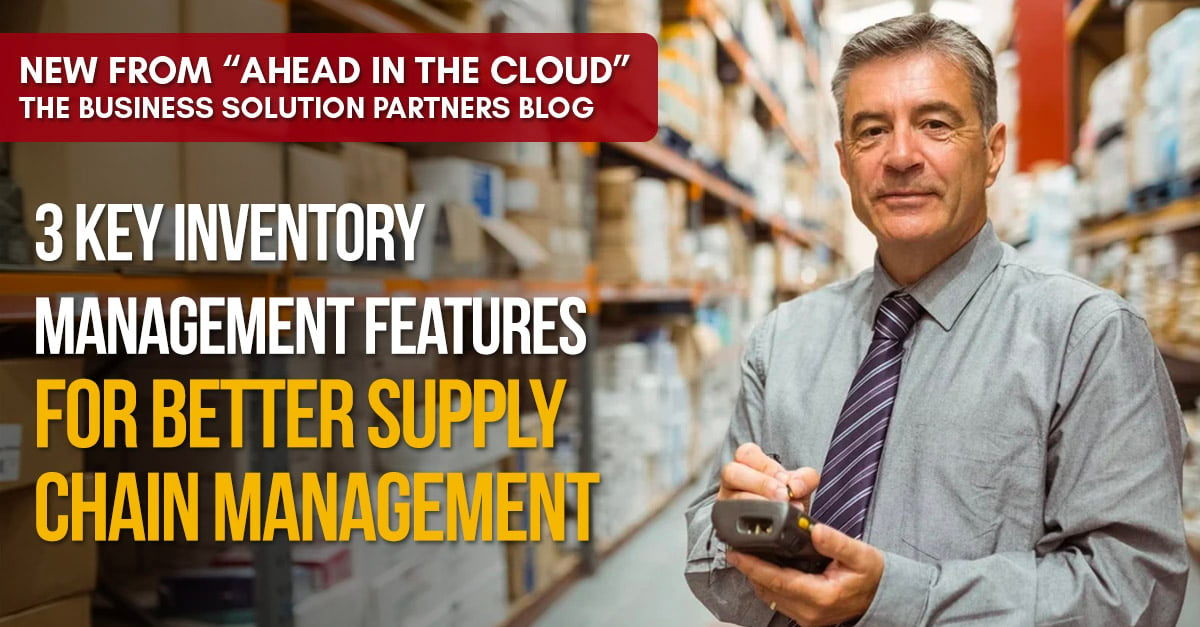Is Outdated Distribution Management Software Hurting Your Profits?
Distributors and manufacturers that use outdated distribution management software are losing out on their bottom line. According to a white paper...
1 min read
FullQuota Editor : Updated on September 17, 2020
More distributors and manufacturers are using NetSuite’s cloud ERP software. This can be attributed, in part, to the two-tier deployment model. This model allows enterprises to keep on-premises infrastructure while moving subsidiaries and international units to the cloud.
An article on the ZDNet website poses that this two-tier ERP model will be phased out soon as cloud ERP offerings like NetSuite’s are now able to adapt to manage the larger scale operations of distributors and manufacturers. Retaining legacy on-premises infrastructure may also create problems within 10 years.
“Today, the two-tier model makes a lot of sense. Going forward, enterprises may look skeptically at their on-premises legacy software — at least that’s what NetSuite is hoping,” the article states.
In October, NetSuite announced that Shaw Industries, a carpet manufacturing company with more than $4 billion in annual revenue, had deployed NetSuite’s cloud ERP software to run a manufacturing installation in China and 10 international subsidiaries.
Shaw’s requirements for its ERP selection included a small investment up front, a quick installation, the ability to customize and the capability to expand internationally. These prerequisites would look familiar to many distributors and manufacturers, and NetSuite was able to match all of these requirements. However, Shaw, like many companies, feared the loss of its highly customized legacy software.
“Roddy McKaig, chief information officer at Shaw, said his company wasn’t going to touch its U.S. ERP systems, which are highly customized. However, Shaw’s ERP systems only spoke English and the U.S. dollar,” according to the article.
Many on-premises ERP system do not have the flexibility of multi-currency or multiple language packs. This prevents use of that infrastructure in the company’s international subsidiaries. Additionally, a highly customized system may lead to version-locking, which is when software can no longer be upgraded due to a high level of customization.
These shortcomings can be remedied by switching to the cloud. NetSuite’s cloud ERP software is, by its design, highly flexible in its customization abilities and as long as customizations are done with the application’s framework, the software can always be upgraded to the latest version.
NetSuite CEO Zach Nelson is not worried about the ability of NetSuite to meet customer demands.
“Moving to the cloud completely is really up to the customers,” Nelson told ZDNet. “At some point the business case for the cloud will win out.”
Source: ZDNet, October 2013
Distributors and manufacturers that use outdated distribution management software are losing out on their bottom line. According to a white paper...

Cloud-based inventory management solutions provide a high level of visibility that enables distributors to get the most out of their supply chains.
Manufacturers and distributors are answering customer demand for an omnichannel experience by implementing e-commerce order management systems....